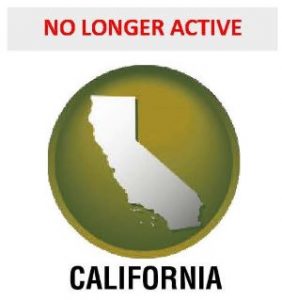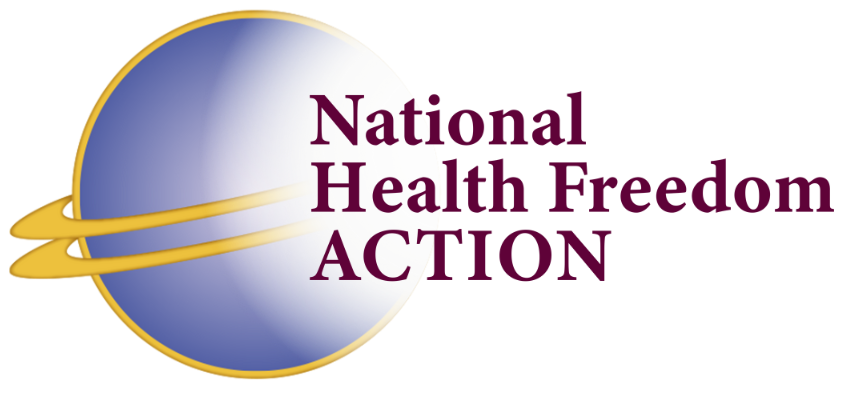
NO LONGER ACTIVE
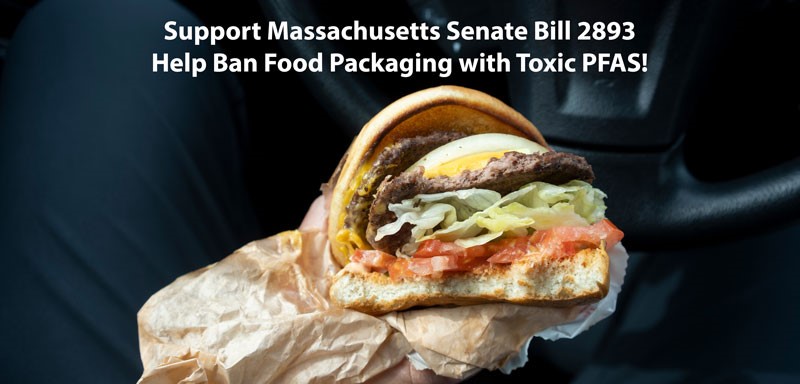
NO LONGER ACTIVE
REFERRED TO WAYS AND MEANS COMMITTEE – DIED IN COMMITTEE
Massachusetts SB2893 has passed the Joint Committee on Public Health and has been referred to the Senate Committee on Ways and Means. Take Action and tell your legislators to vote “Yes” on SB2893. The bill will ban dangerous Perfluoroalkyl and polyfluoroalkyl substances (PFAS chemicals) in food packaging. Food is at the very heart of health freedom, and without access to healthy food our quest for personal health is much harder.
Support Massachusetts Senate Bill 2893
Help Ban Food Packaging with Toxic PFAS!
What are PFAS Chemicals?
According to the US Environmental Protection Agency’s fact sheet, PFAS have been used in consumer products since the 1940s. These chemicals break down very slowly and can accumulate in humans, animals, and the environment. These substances are found in water supplies, soil, air, and food. Fish and dairy foods often contain these chemicals. And food packaging, “for example in grease-resistant paper, fast food containers/wrappers, microwave popcorn bags, pizza boxes, and candy wrappers,” is one major source of exposure.
What Does the New Law Say?
SB2893 defines food package as, “a package or packaging component that is intended for the marketing, protection, or handling of a product intended for food contact or used to store food and foodstuffs for sale.” It defines “Perfluoroalkyl and polyfluoroalkyl substances” as “a class of fluorinated organic chemicals containing at least one fully fluorinated carbon atom.” The bill states that, “No person or entity shall manufacture, knowingly sell, offer for sale, distribute for sale, or distribute for use in the commonwealth food packaging to which perfluoroalkyl and polyfluoroalkyl substances have been intentionally added in any amount.” The proposed law also requires a “certificate of compliance” stating that packaging components are in line with the bill.
What are the Health Effects?
Current research suggests that high levels of PFAS can lead to, “adverse health effects.” Research into the effects of lower dose exposure is ongoing. Peer-reviewed studies have shown that exposure to PFAS may lead to reproductive effects such as decreased fertility or increased high blood pressure in pregnant women; developmental effects or delays in children, including low birth weight, accelerated puberty, bone variations, or behavioral changes; increased risk of some cancers, including prostate, kidney, and testicular cancers; and reduced ability of the body’s immune system to fight infections, including reduced vaccine response. Other effects can include interference with the body’s natural hormones and increased cholesterol levels and/or risk of obesity.
Media Chimes In
In a July 8 article, the Daily Hampshire Gazette offers us more details about SB2893. They note that activists have hailed Rhode Island for passing a similar law. “These toxic chemicals don’t belong anywhere, let alone in food packaging,” Ben Hellerstein, director for Environment Massachusetts, offered. “Kudos to Rhode Island for taking this important step to protect the public from PFAS. I hope Massachusetts will soon become the next state to act.” PFAS, or per- and poly-fluoroalklyl are often called “forever” chemicals. “Massachusetts needs to act quickly to ban PFAS in food packaging. If we don’t, manufacturers could dump their PFAS-containing food packaging on Massachusetts residents because they no longer can sell in other nearby states,” noted Laura Spark, a senior policy advocate at Clean Water Action. The Massachusetts Sierra Club’s Clint Richmond notes that there are no federal rules about PFAS chemicals, and “passing this food packaging bill now will demonstrate that Massachusetts is serious about reducing PFAS in our bodies and the environment.”
Let Your Voice Be Heard!
Help protect the health of folks in Massachusetts by letting your legislators know that you strongly support passage of SB2893.
TAKE ACTION NOW!
MORE ACTION ALERTS

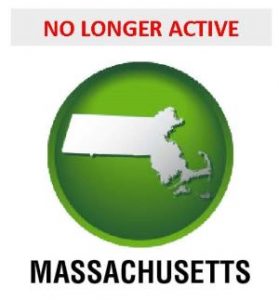
Help Oppose Massachusetts SB 905 and SB 907
November 22, 2017
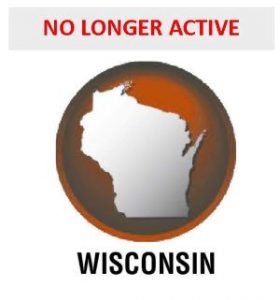
WI: Act Now to Protect Consumer Access to Natural Health Practitioners!
November 17, 2017
